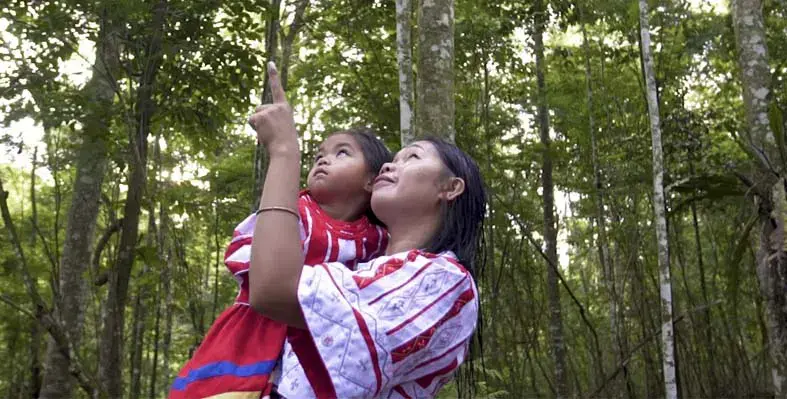The Singapore International Foundation (SIF), in collaboration with the World Economic Forum on 21 June, launched the first ever multi-stakeholder platform to address the critical challenges of climate change
The Southeast Asia Partnership for Adaptation through Water (SEAPAW), which primarily focuses on strengthening water resilience as an approach to climate change adaptation, is the first such platform in the region. The partnership focuses on galvanising action among stakeholders in support of a shared vision, fostering cross-border projects, and accelerating adaptation financing through public-private-philanthropic models.
Besides growing the community and identifying projects in key areas of interest, SEAPAW will also report on the region’s progress in water-related resilience goals and climate adaptation, which will help identify areas of need for further action.
The partnership was officially launched at a dialogue hosted by the SIF, the World Economic Forum and the Global Commission on the Economics of Water (GCEW) and was held alongside the Singapore Water Week 2024. The President of the Republic of Singapore, Tharman Shanmugaratnam, was the Guest of Honour at the event. He highlighted the region’s growing vulnerability to water scarcity and the impacts of climate change, while also emphasising on the need to manage demand for more efficient and sustainable water use in every sector in Southeast Asia.
Moreover, professor Khoo Teng Chye, who is currently the director of NUS Cities and a practice professor with the College of Design and Engineering at the National University of Singapore was announced as the chairperson of SEAPAW during the launch.
“The water crisis is deeply intertwined with climate change; and countries need to work together to resolve it. SEAPAW serves as a crucial foundation to mobilise stakeholders and leverage innovative policies to scale up water investments, access, resilience, and sustainability," Teng Chye said. "As Chairperson of this pioneer platform in the region, I am committed to steer the discourse, and foster collaborations for a fair, inclusive, and climate resilient future.”




